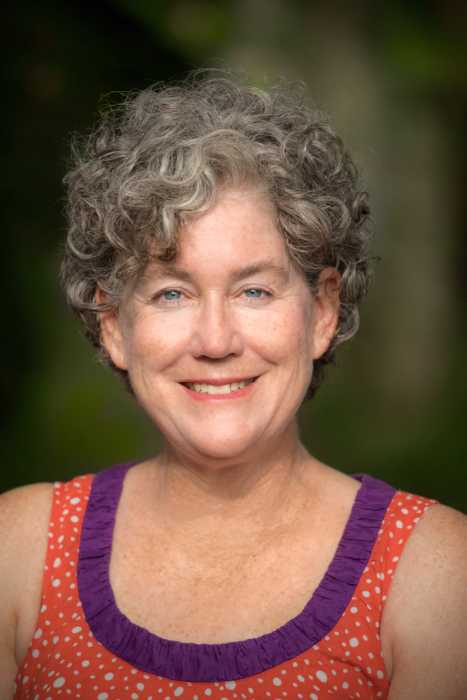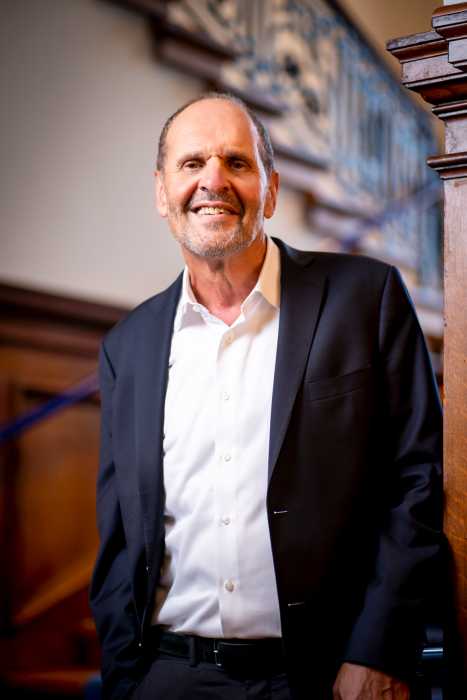As Temple University’s 12th president, Dr. Jason Wingard is a leading academic and executive specializing in the areas of organizational strategy, leadership development, and the future of work. His experience spans higher education and business, having previously held leadership positions at Goldman Sachs, Columbia University, and the Wharton School, among other leading organizations. His latest book, The College Devaluation Crisis: Market Disruption, Diminishing ROI, and an Alternative Future of Learning, was published in August 2022.
What is something you have learned from your students?
Our students have taught me that their generation refuses to be complacent or give in to the status quo. They want to see positive change, and not in small increments, but in large leaps signifying real advancements. They remind me that my role is to use the mission of education to transform lives, ensure that graduates are prepared with the skills needed to innovate and change the status quo, and build a network of individuals that will collaborate to make new discoveries and empower communities.
What was your favorite moment or experience in your own education?
My time at Stanford was and continues to be an experience that I look back on with great nostalgia. Aside from being the place where my wife and I met, and the place where I matured as a Division I athlete, it was a place where I was challenged more than I had ever been up to that point. It was harder in the classroom and on the field. It taught me resilience and showed me what I am capable of.
What conditions do you think are necessary for a safe and effective learning environment?
Students need to be systematically supported to best position them to excel. At Temple, we strive for excellence that ensures best-in-class teaching and learning. We aim to do this by continually updating the curriculum to reflect current job market demands, thus allowing students to focus on outcomes and a return on their investment in higher education. We also focus on ensuring the safety and well-being of students, which is essential to intellectual and professional growth, and creating an accessible and inclusive environment that allows for differences and fruitful, bold discussion.
How do we ensure those without privilege have equal access to quality education and opportunity?
A university’s job goes beyond students, faculty, and staff. A university is based in communities that are fundamental to the life and identity of its campus, including those without the same access to education and opportunity as others. Engaging these communities should be a high priority for universities, particularly when they are neighbors. This can be through educational programs and scholarships, job training programs, community development initiatives, and other avenues that provide opportunity.






